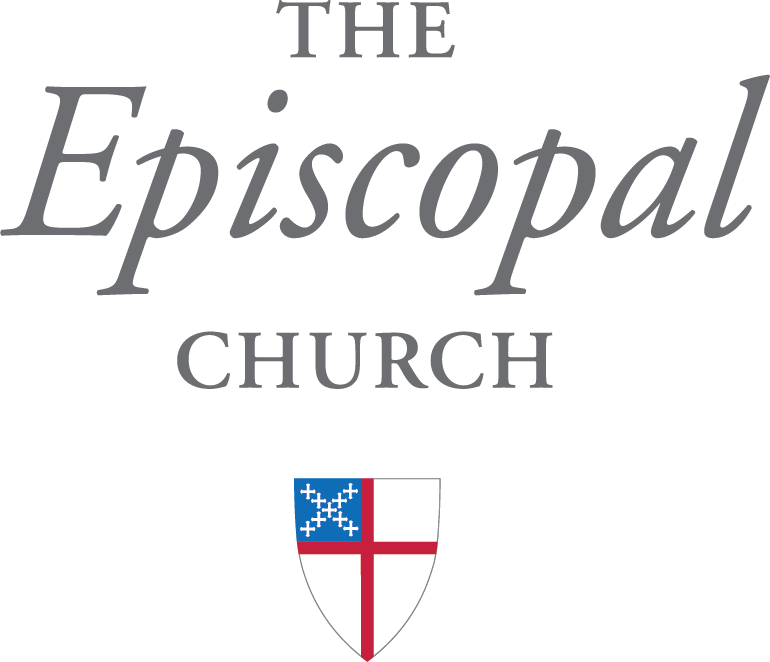“You are a child of God, you are wonderfully made, dearly loved and precious in God’s sight …”
Psalm 139
Holy Baptism is full initiation by water and the Holy Spirit into Christ’s Body, the church. God establishes an indissoluble bond with each person in baptism. God adopts us, making us members of the church and inheritors of the Kingdom of God (Book of Common Prayer). In baptism we are made sharers in the new life of the Holy Spirit and the forgiveness of sins. We join a spiritual “family” of people around the world and across the centuries. Baptism is considered the foundation for church participation and ministry. Candidates for baptism in the Episcopal Church may be of any age – at any time in their lives – and are sponsored by one or more baptized persons.
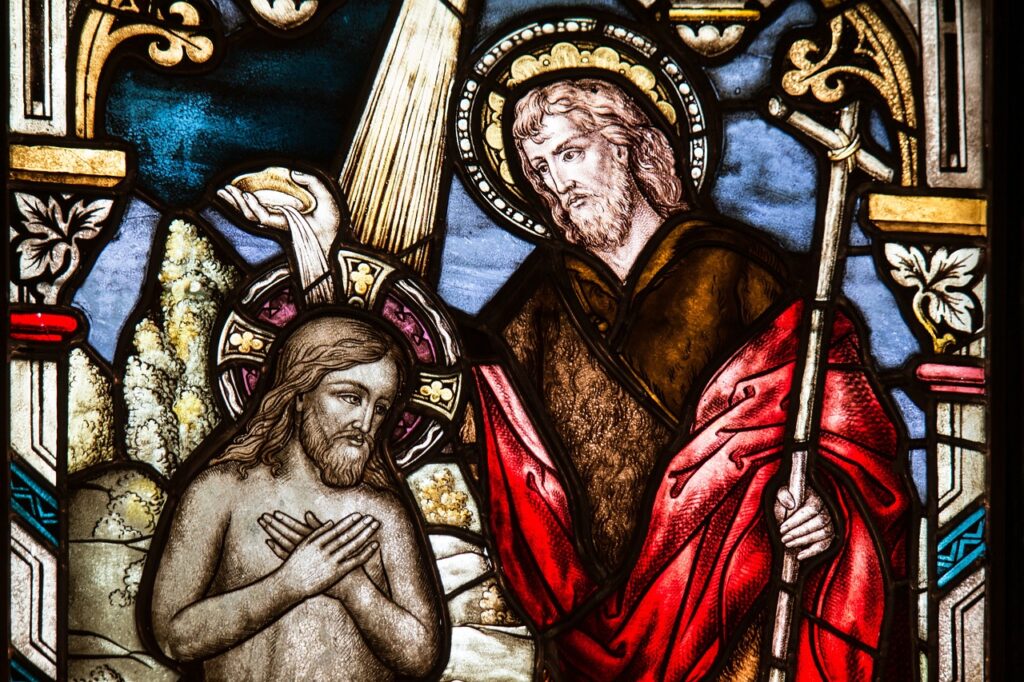

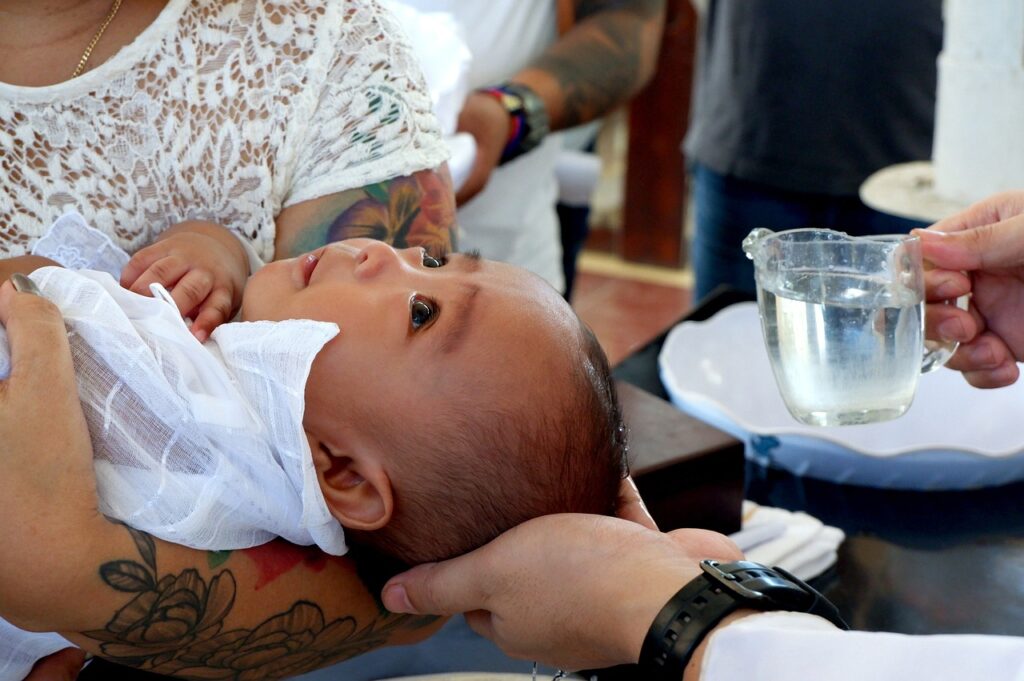
You are invited to share in God’s love and transforming grace!
“Join a family of two thousand million people around the world. A people to support one another when times are hard, and with whom to celebrate when life is wonderful…”
Herbert Thompson, Bishop of Southern Ohio
Reflects on a “royal baptism” – yet reminds us that ALL baptisms are holy events – as we ALL are God’s beloved children.
Baptismal Covenant
The baptismal covenant, found on p. 304-5 of The Book of Common Prayer, is a small catechism for use during the rite of initiation into the Church. An Episcopal Dictionary of the Church notes that the baptismal covenant “is widely regarded as the normative statement of what it means to follow Christ” (p. 37). In these questions and answers, the congregation expresses the ways each of the faithful will live their faith both inside and outside the church walls.
The first four questions are patterned on the Apostles’ Creed, with the liturgy’s celebrant asking the people about their beliefs in each of the members of the Trinity, along with a concise understanding of their natures. Following these questions, the covenant includes five questions regarding how we, as Christians, are called to live out our faith: with firm commitment and a reliance on God’s help.
“Holy Baptism is open to all people, of all ages, and at all times – everywhere and always.”
Archbishop Justin Welby
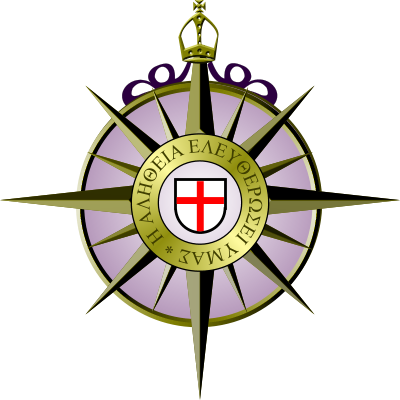
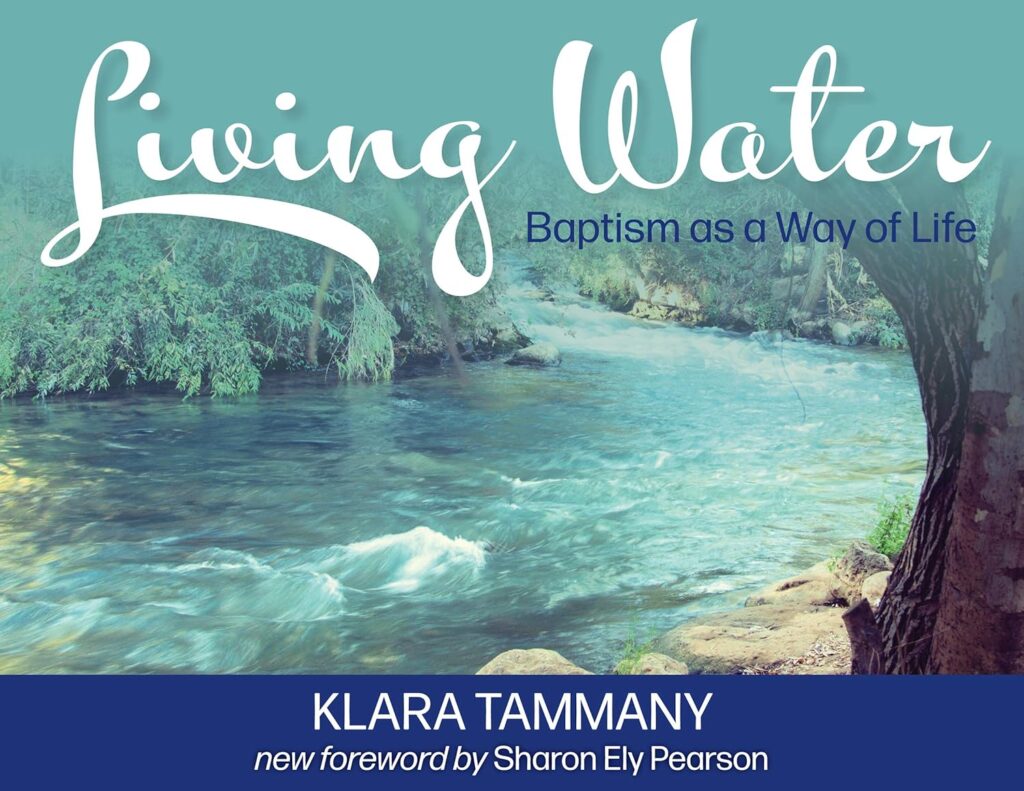
Resources for the Journey
Trinity’s own Klara Tammany is a professional Christian educator who goes about her calling with a joyous urgency.Her book, Living Water, demonstrates her impassioned approach to religious instruction. She starts with the premise that ongoing Christian education must be central to a life of faith, and then proceeds from the corollary that baptism must be central to all Christian education.

Trinity Church and COMMONS
247 Bates Street, Lewiston, Maine 04240
Mailing address: P.O. Box 1402, Lewiston, Maine 04243-1402
(207) 910-7737
email: information@trinitylewiston.org

Trinity is part of the Diocese of Maine, Protestant Episcopal Church in the United States and the worldwide Anglican Communion
COPYRIGHT 2024
2
